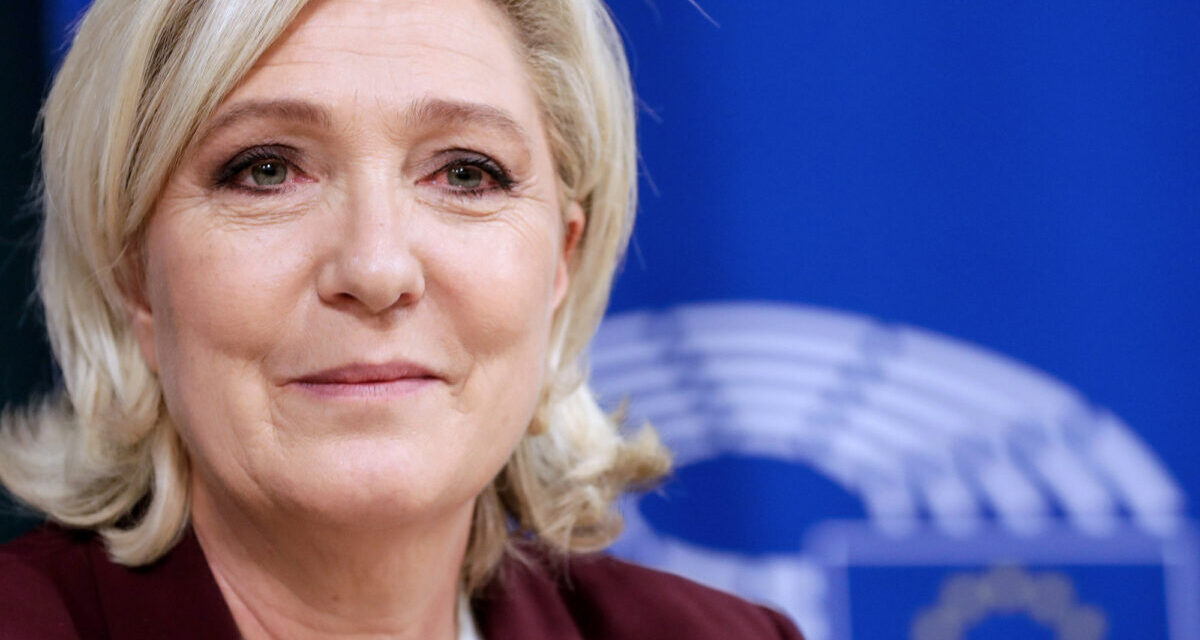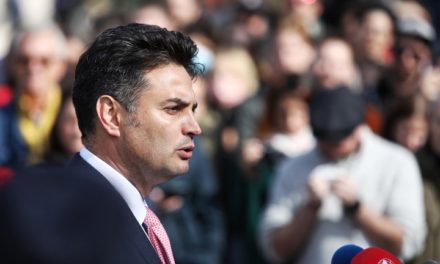Macron may lose more than half of his current representatives in the National Assembly.
The early election, the first round of which will take place on June 30, will not only be significant for France. The country is a permanent member of the UN Security Council, and it also has nuclear weapons, so the outcome of the vote is not indifferent to the European Union and NATO either, the Brussels news portal Politico points out.
Due to the peculiarities of the French electoral system, it is not easy to predict the possible distribution of mandates.
The system is not proportional, representatives are elected to the National Assembly from 577 individual districts. If in a district no one gets at least 50 percent of the votes in the first round, in addition to the two with the most votes, all candidates who receive votes equal to 12.5 percent of the number of registered voters advance to the second round on July 7.
The higher the turnout, the higher the chance that three candidates will clash in the second round in several districts.
Poll: 52% of French competent voters pour l'opposition lors des legislatives https://t.co/4Zm30L1oT8
— CNEWS (@CNEWS) June 15, 2024
Although French President Emmanuel Macron's goal in calling the snap election was to stop the advance of the right, it seems the opposite may be happening. Macron's coalition may fall from the current 250 representatives to less than a hundred seats, and there is even a question as to how many constituencies their candidates will be able to enter the second round.
On the other hand, the National Compact and its allied Republicans can send up to 195-245 representatives to the new National Assembly. Compared to the current 89 seats, this would be a huge victory. However, the European Parliament election showed that the party also won in cities where this was previously unimaginable.
The National Compact would need 289 mandates for a majority.
If this can be ensured, Macron will have no choice but to appoint the party's president, Jordan Bardella, as prime minister, who would be the youngest head of government in French history.
🇫🇷 #France , poll:
The victory of the National Rally (RN) during the early legislative election is a possibility, which could lead to the appointment of members of the RN as Prime Minister/Ministers.
What does this inspire you?
Anxiety: 50 %
Satisfaction: 30 %
Apathy: 20 %… pic.twitter.com/zuilULKaBs— World Elects (@ElectsWorld) June 15, 2024
In addition to the alliance with the Republicans, Marine Le Pen, leader of the National Compact faction, also held talks with the right-wing Reconquest party, but no agreement was reached in the end.
However, not only the right-wing parties joined forces, but also the four left-wing parties announced their new alliance, within the framework of which they will launch joint candidates in 546 districts.
Experts predict 190-235 mandates for them, however, the differences between the parties (and their leaders) may blow up the coalition after the elections, just as it happened after 2022.
Cover photo: Marine Le Pen, president of the French right-wing National Consolidation (RN) party
Source: MTI/EPA/Stephanie Lecocq













